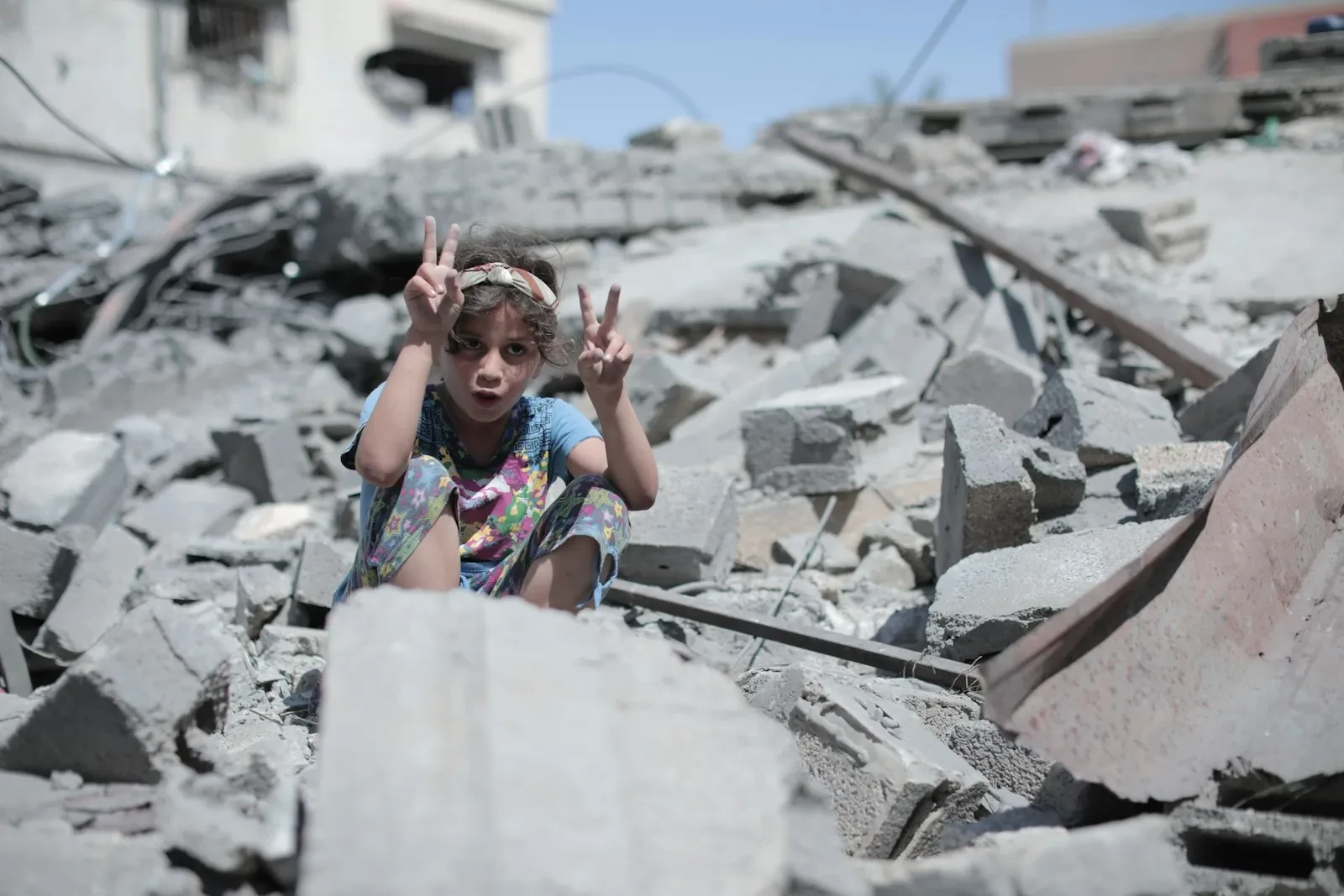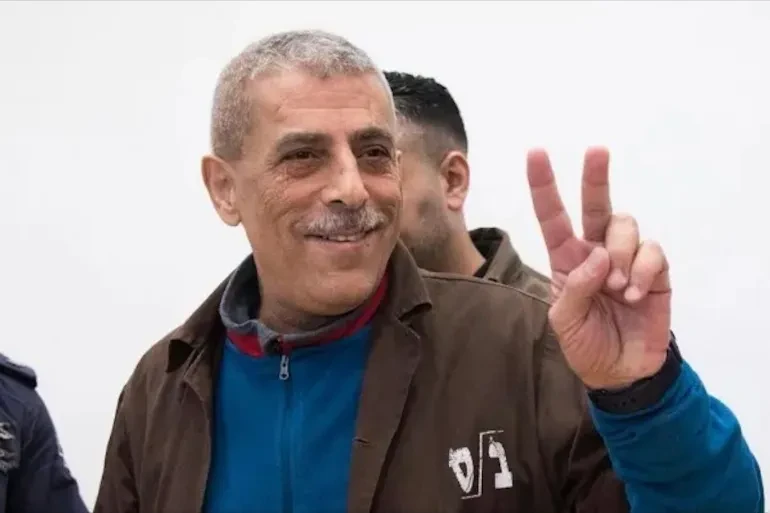jlk – In the labyrinth of complex geopolitics, narratives play a key role in shaping perceptions and international policies.
Recently, Gilad Erdan, Israel’s Ambassador to the UN, condemned Iran for attacks that he deemed acts of terror.
This action raises broader questions: why does Israel often employ the ‘terror’ narrative in its conflicts?
Condemnation as a Diplomatic Tool
Erdan’s condemnation of Iran is not an isolated incident but part of a larger pattern where Israel often portrays its adversaries as ‘terrorists.’ This is a strategy used to mobilize international support and legitimacy.
By labelling opponents as terrorists, Israel creates a clear moral dichotomy, positioning itself as a defender of democratic values and global security.
The ‘Terror’ Narrative and its Implications
Israel’s use of the ‘terror’ narrative can be seen as an attempt to control the narrative of the conflict.
By portraying adversaries as terrorists, Israel seeks to garner sympathy and international support while diverting attention from its own controversial actions.
It is also a way to deflect criticism of policies that may be viewed as aggressive or disproportionate.
‘Playing Victim’ and Power Dynamics
The ‘playing victim’ strategy is a tactic employed by states in conflict to gain sympathy and support.
In the case of Israel, this is often tied to the long history of the conflict and the collective experience as victims.
By positioning itself as a victim, Israel seeks to justify its defensive actions and gain international backing.
Conclusion
The ‘terror’ narrative and ‘playing victim’ tactics are part of the complex landscape of Israel’s conflicts. Both strategies are used to influence public opinion and international policies.
While Israel has the right to self-defense, it is important to consider the broader context in which these narratives are employed and their impact on achieving a fair and sustainable resolution to the conflict.
In analyzing these narratives, it is crucial to tread carefully and not get caught in a cycle of blame, but rather seek a deeper understanding of the dynamics of the conflict and ways to support peace and security for all parties involved.











